Happy German Beer Day!
A fresh toast to purity, tradition, and a 508-Year-old law
As being a beer lover since years, I have to celebrate this day with a few sip.
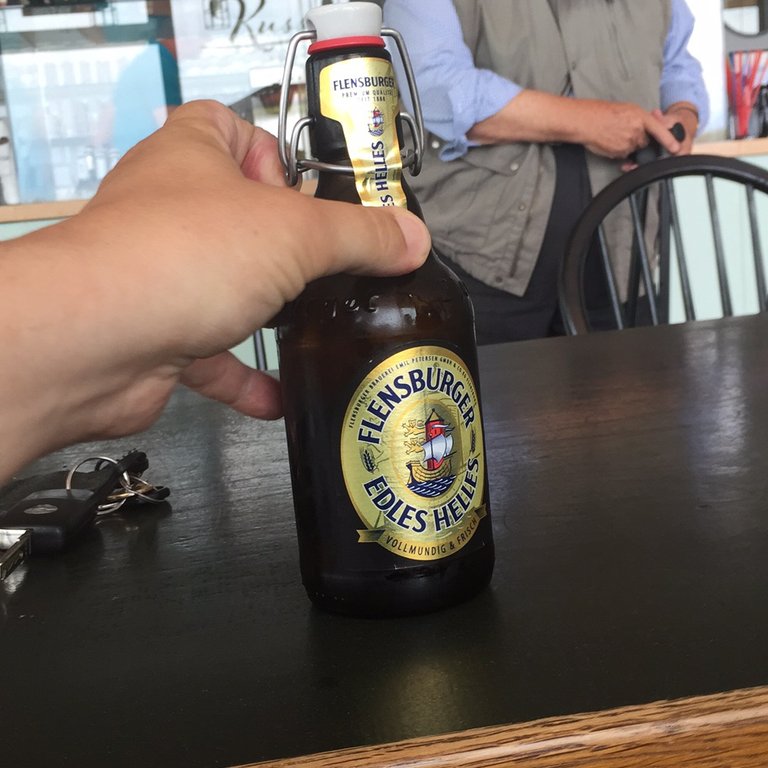
Hey Hive Family
have a German beer today
and let us travel the world again
German Beer Day - WTF
Did you know that April 23rd is officially German Beer Day?
That’s right, it’s not just another Wednesday (or whatever day it happens to fall on).
It’s a nationwide tribute to one of the most iconic, influential, and downright legendary food laws in history:
the Reinheitsgebot
also known as the German Beer Purity Law, first declared in 1516. See as well here https://de.m.wikipedia.org/wiki/Reinheitsgebot
So grab a cold one (preferably brewed under the law itself), sit back, and let’s take a quick dive into the rich, foamy history behind this global brewing milestone.
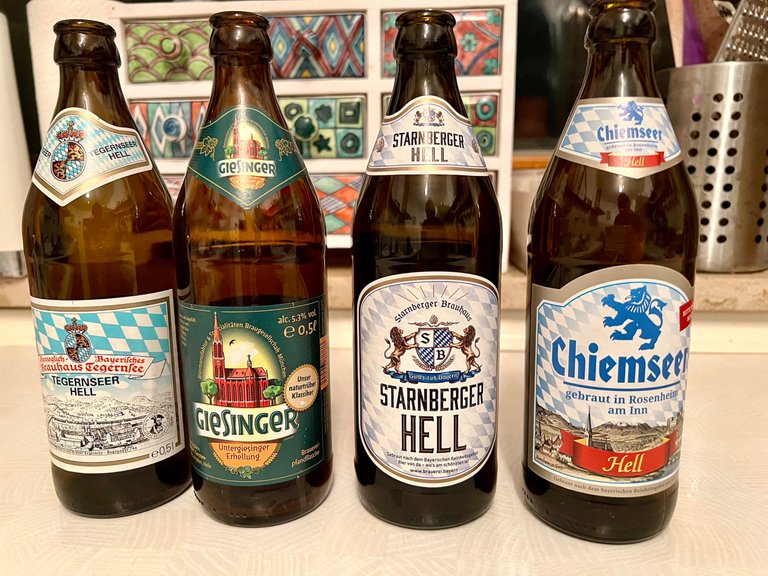
What Are We Celebrating?
The story starts over 500 years ago in the Bavarian city of Ingolstadt, where Duke Wilhelm IV signed a decree that would forever change how beer was made.
On April 23rd, 1516, the Reinheitsgebot was born—stating that beer could only be brewed with water, barley, and hops. (Yeast would join the party later, once Louis Pasteur made its existence known.)
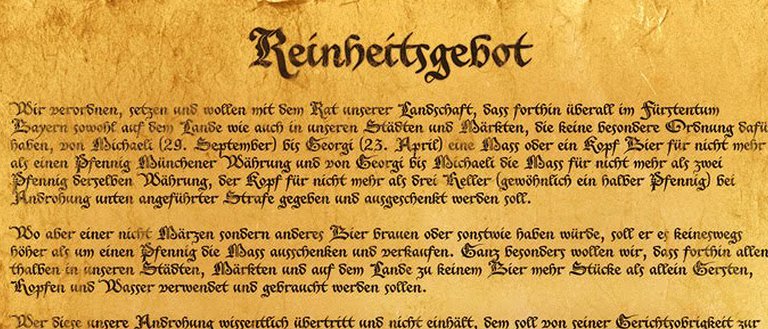
Picture by kraftbier0711.de
At the time, the law wasn’t just about quality—it was also about stability and safety. Banning the use of random herbs, questionable additives, or grains like rye and wheat (which were reserved for baking) helped prevent food shortages and price gouging. In other words, it was as much a public health measure as it was a brewing guideline.
Fast forward to 1994, and the German Brewers Association (Deutscher Brauer-Bund) resurrected this historical gem as a modern celebration. Thus, German Beer Day was officially established, not only to honor the law, but to shine a spotlight on the cultural and economic impact of beer in Germany and beyond.
What Makes the Reinheitsgebot So Special?
While the idea of limiting ingredients might seem restrictive, the Reinheitsgebot is actually a shining example of how restraint can spark creativity. With just four core ingredients—
- Water
- Barley malt
- Hops
- Yeast
—German brewers have crafted a stunning variety of beer styles, from crisp Pilsners, smooth Helles, and cloudy Weißbier, to rich, brooding Doppelbocks and refreshing Kellerbiers.
Detlev and Hefeweizen
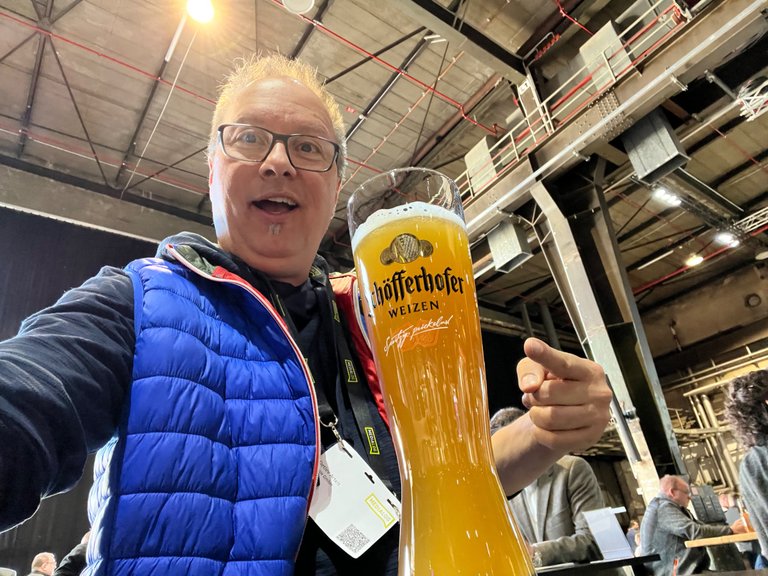
Rather than hiding behind sweeteners or adjuncts, these beers celebrate craftsmanship, balance, and clarity of flavor. It's the brewing equivalent of composing a symphony using only a string quartet—and somehow, every performance still sounds completely different.
Flensburger beer
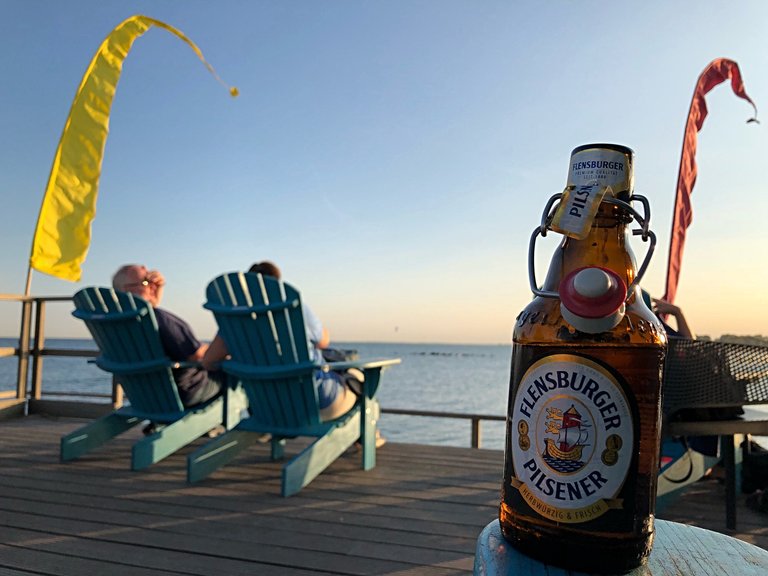
Reinheitsgebot Around the World
While originally limited to Bavaria, the Reinheitsgebot spread across the German Empire in the late 19th century and remained part of national law for centuries. In fact, until 1987, it was legally enforced across West Germany. That changed when the European Court of Justice ruled it as a restriction on trade, allowing foreign beers with different ingredients to enter the German market.
But make no mistake many German brewers still follow the Reinheitsgebot voluntarily, proudly labeling their beers accordingly. For them, it's not just a regulation. This is a point of pride.
Augustiner Bräu
A good one from South of Germany
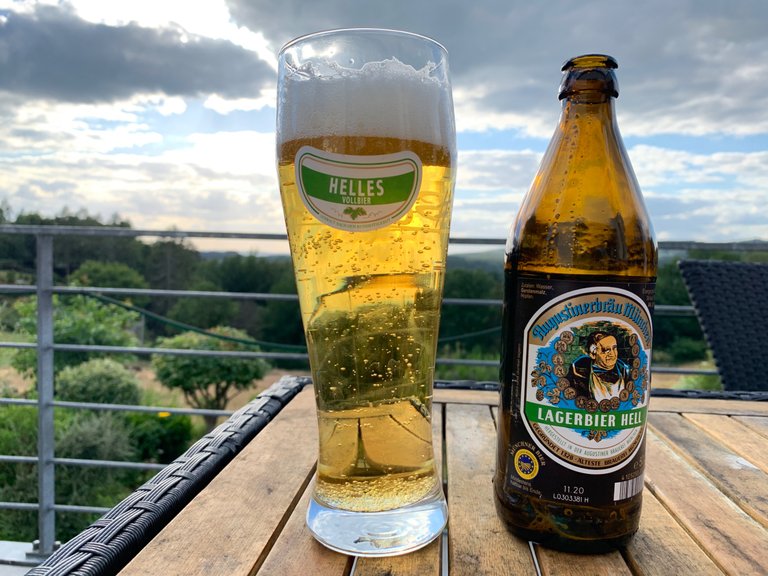
Interestingly, the law also sparked debate internationally, especially during the rise of the craft beer movement. While some saw it as outdated, others admired it as a symbol of purity, tradition, and discipline in brewing.
Why It Still Matters Today
In an era of pastry stouts, glitter IPAs, and beers that taste like breakfast cereal, the Reinheitsgebot serves as a counterpoint—a reminder that restraint is an art form. It’s not a call to shun innovation, but rather a philosophy of elevating simplicity.
By focusing on process and raw ingredients, it teaches us that beer isn’t great because of how much you add to it, but how much you understand it.
Plus, it continues to shape one of the world’s most respected beer cultures:
- Germany is home to over 1,500 breweries, the most in Europe.
- There are more than 7,000 officially registered beer brands in Germany.
- Bavaria alone produces over half of Germany’s total beer volume.
- Beer purity is so important that many traditional breweries still perform natural fermentation in open vessels, something rarely seen outside of Belgium.
Final Thoughts (and a Toast)
So today, whether you’re sipping a classic Augustiner Helles, diving into a dark Andechs Doppelbock, or enjoying a sunny afternoon with a refreshing Franziskaner Weißbier, take a moment to appreciate the legacy in your glass.
Because beer—at least in Germany—isn’t just a beverage. It’s heritage. History. And a quietly revolutionary law that’s shaped tastebuds for more than five centuries.
To purity. To precision. To German beer. Prost!
Even my cat celebrates
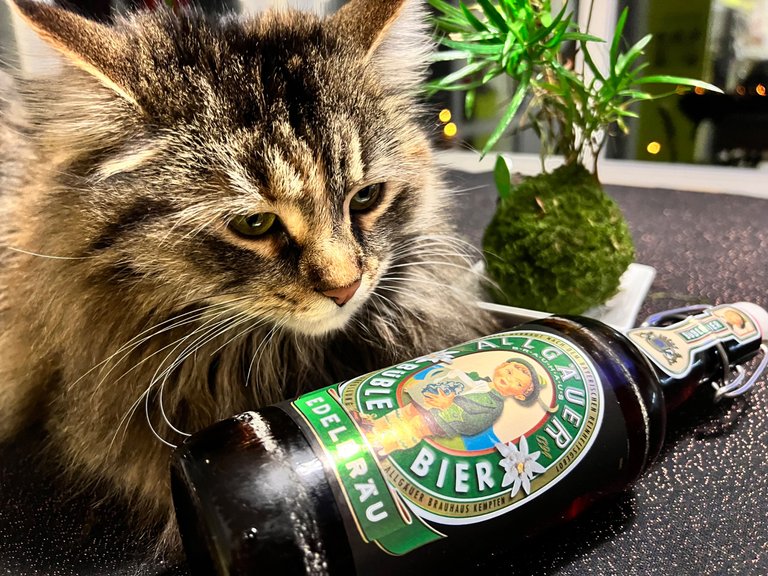
What is your beloved German beer
Leave me a comment and a picture of the one beer, the brewery or the style you love most.
My one is the Beer from Einbecker
Brewery
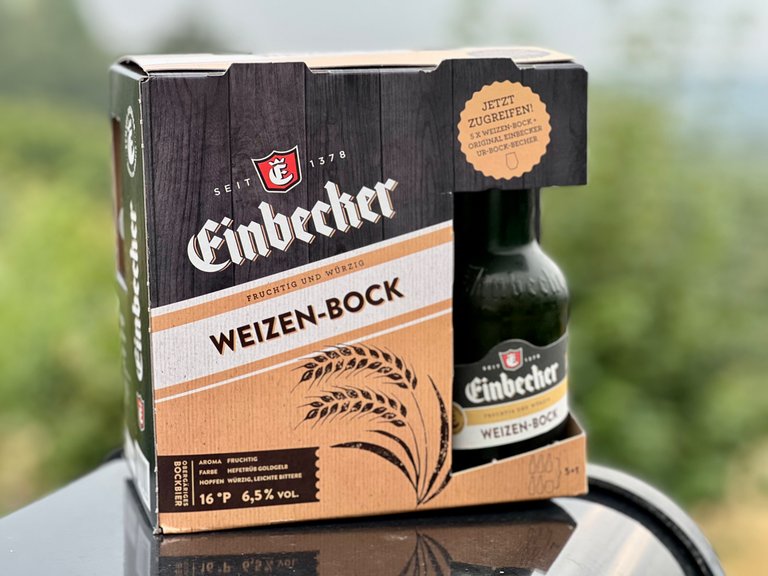
Have a great day everybody
and let us travel the world again

pic by @detlev
Enjoy the #BeerSaturday
have 3 pics and a story
around beer - and go!

@Detlev loves HIVE


